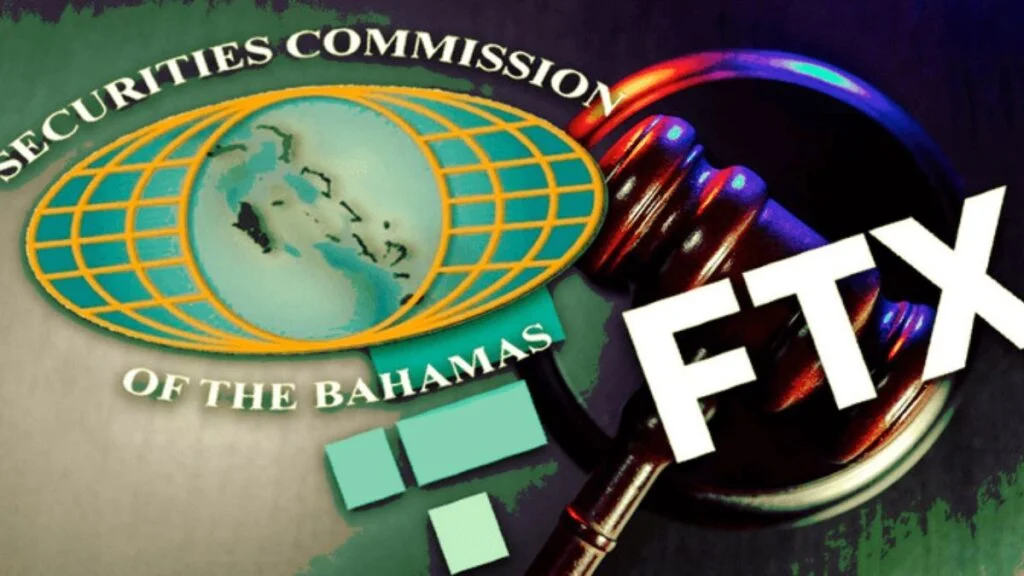The Bahamian Securities regulator was ordered to offer custody for digital assets belonging to bankrupt crypto exchange FTX on Nov. 12.

The latest issue facing the insolvent cryptocurrency exchange FTX comes from the Bahamas, where it once had its headquarters. On Nov. 21, the Bahamas Supreme Court issued an order in favor of the Securities Commission directing the troubled cryptocurrency exchange to reimburse the regulator for holding its digital assets after declaring bankruptcy on Nov. 11.
On Nov. 12, the Supreme Court ordered the Securities Commission to have control over FTX’s digital assets. In its public notice, the commission acknowledged the ruling and stated that the Supreme Court would have to give its consent before any reimbursements could be made. According to the official statement:
“The Order secured today confirms the Commision is entitled to be indemnified under the law and FDM shall ultimately bear the costs the Commission incurs in safeguarding those assets for the benefit of FDM’s customers and creditors, in a manner similar to other normal costs of administering FDM’s assets for the benefit of its customers and creditors.”
The Bahamian Securities Commission’s custody services for digital assets provided to FTX also fueled rumors that the commission was responsible for the hack of numerous FTX wallets.
However, the black hat’s financial transfer habits included money laundering strategies, which ruled out the possibility that a government agency was responsible for the breach.
The disgraced crypto exchange’s balance sheet was found to have several financial gaps as a result of the FTX bankruptcy filing. 50 of the exchange’s largest creditors are currently owed $3 billion, but there are potentially over a million other creditors on the list as well.
As the new interim CEO of FTX, John Ray III, who oversaw the Enron bankruptcy proceedings, didn’t hold back during the Chapter 11 filing. He emphasized the “complete failure of corporate controls” and the lack of reliable financial information, describing the situation as the worst he had ever seen in his corporate career.

